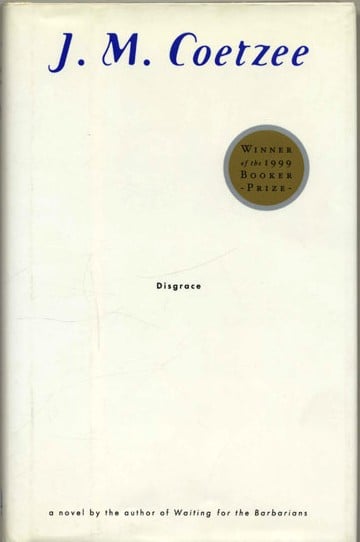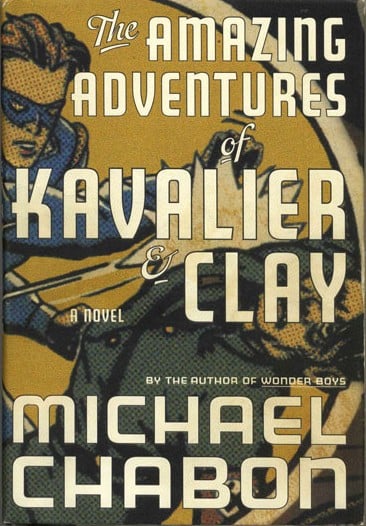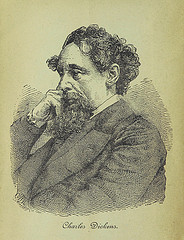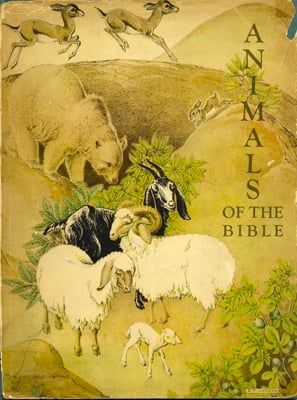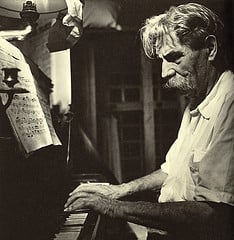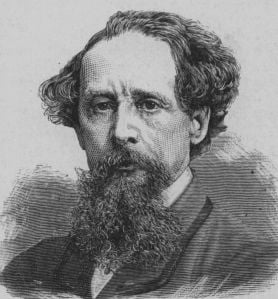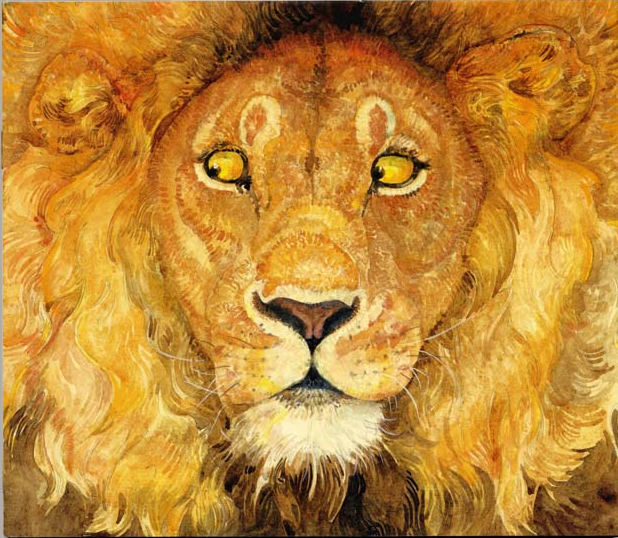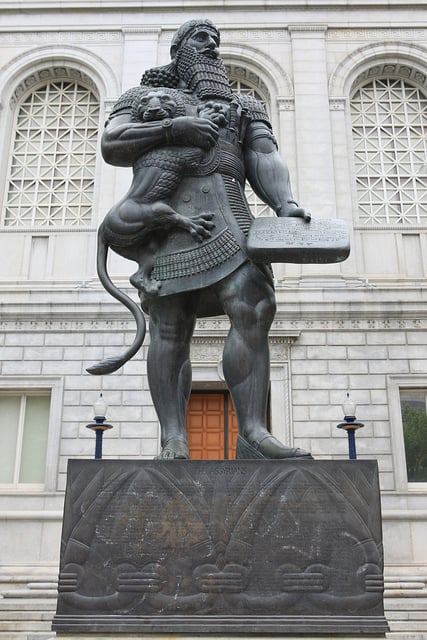Nostos, the Greek word for ‘homecoming,’ or a hero’s return, has been of particular interest to authors since time immemorial. The motif appears as the driving force of Homer’s Odyssey and stretches forth through the millennia toward James Joyce’s Ulysses (1922), making pivotal pit stops in the likes of Daniel Defoe’s Robinson Crusoe (1719) and Shakespeare’s The Tempest (1611). Nobel Prize winning playwright Harold Pinter even has a 1964 play about it, fittingly entitled The Homecoming. For all of its prominence in the canon, however, the concept of a hero’s return rarely rises above the level of mythology. James Joyce, for instance, for all of the pathos with which he conveys Leopold Bloom’s homecoming, never saw an end to his self-imposed exile from Ireland. In fact (as part 1 of this series can attest) authors of no less gravity than Dante Alighieri, DH Lawrence, and Ezra Pound worked and died in exile.
us toll free: 1-800-948-5563 international: +1 (843) 849-0283 UK: +44 (0) 1334 260018






